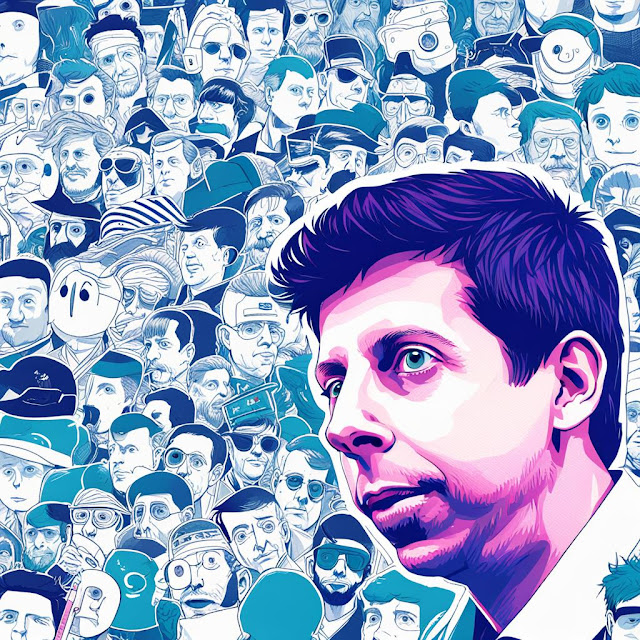OpenAI's flagship generative AI platform, ChatGPT, has become a cornerstone in the burgeoning field of artificial intelligence since its leap to the GPT-4 model. However, this iteration has encountered its share of operational hurdles. Anticipation is building for the release of its successor, GPT-5, which promises significant improvements and is expected to launch in the near future.
As the driving force behind a wave of AI initiatives and financial ventures, OpenAI, under the leadership of Sam Altman, is gearing up for the mid-year release of GPT-5. This update is eagerly awaited, with insiders hinting at a potential debut during the summer months. Sources close to the matter, who prefer to remain unnamed but have been verified by insiders, revealed that select enterprise clients have already experienced sneak peeks at the enhancements GPT-5 will bring to the ChatGPT tool.
A CEO who had an early look at GPT-5 remarked on its substantial advancements, noting that OpenAI tailored a demonstration specifically to his company's needs, showcasing the model's capabilities and hinting at other yet-to-be-unveiled features. These include new autonomous task execution abilities by AI agents in development at OpenAI.
While a definitive launch date for GPT-5 remains undecided, the excitement within OpenAI is palpable, with the understanding that timelines for release are subject to change based on ongoing development and testing phases.
The creation of GPT-5 is currently in the training phase, with subsequent stages involving rigorous internal safety evaluations and "red teaming." This latter process involves both OpenAI staff and selected external participants challenging the tool to uncover any potential issues before its public release. The timeframe for completing these safety assessments is flexible, suggesting that any unforeseen delays in this phase could impact the release schedule.
OpenAI has yet to respond to inquiries about the upcoming model release.
The organization relies heavily on sales to enterprise customers, who utilize an advanced version of ChatGPT for their operations, as its primary source of revenue. This strategy is a key component of Altman's strategy to expand his AI empire.
It's been a year since OpenAI introduced a major update with GPT-4, which boasted enhanced speed and accuracy over its predecessor, GPT-3. The introduction of GPT-4 Turbo later in the year aimed to address what was sometimes criticized as the model's "laziness" in responding to prompts.
The development and refinement of large language models, such as those produced by OpenAI, depend on extensive datasets collected from the internet, enabling them to mimic human-like conversation. The effectiveness and reliability of these models can fluctuate based on the training data used and any modifications made during their ongoing development.
Recent discussions across various Reddit forums have highlighted concerns over the perceived decline in GPT-4's performance, with users reporting less satisfactory interactions with ChatGPT. There is a hopeful consensus within OpenAI that GPT-5 will not only address these reliability issues but also exceed the expectations of both the public and enterprise clients.
The debate over the use of copyrighted training data for AI models persists, with OpenAI and other tech giants advocating for more lenient federal regulations governing the access and application of such materials.





0 Comments